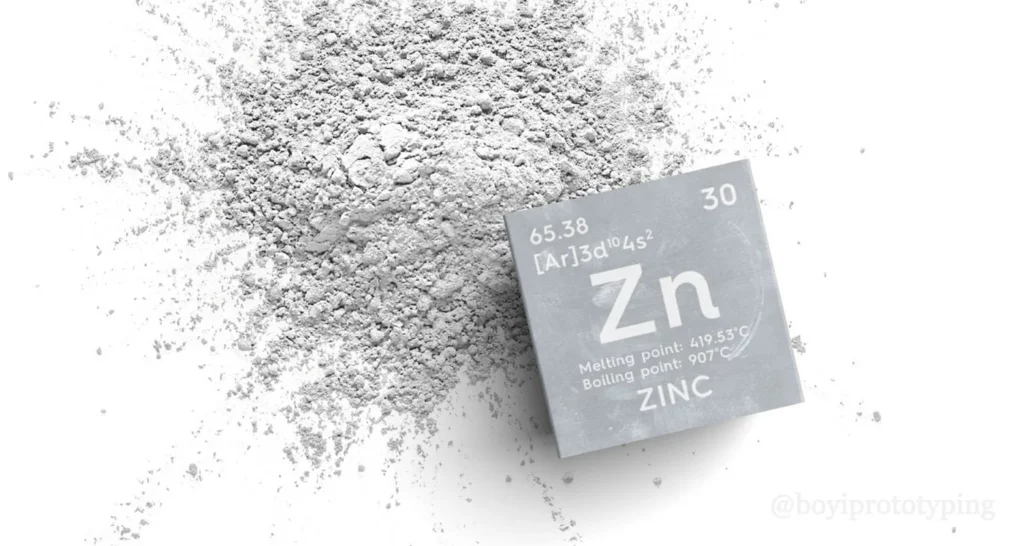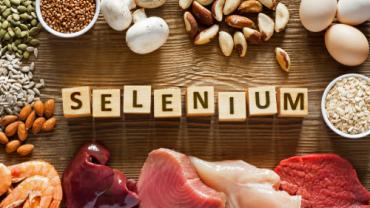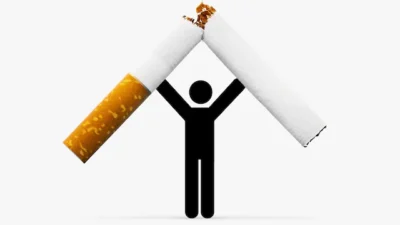Symptoms of Zinc Deficiency:
- Low libido:
Individuals with zinc deficiency may experience reduced sexual desire and difficulty achieving sexual satisfaction. - Muscle weakness:
A loss of muscle mass and general muscle weakness may occur, affecting overall physical fitness. - Changes in weight:
Zinc deficiency may lead to weight gain or difficulty losing weight. - Osteoporosis:
Low zinc levels increase the risk of osteoporosis, which raises the likelihood of bone fractures. - Mental health disorders:
Zinc deficiency can result in mood changes, increased anxiety, and depression. - Changes in hair and skin:
Symptoms may include hair loss and dry, irritated skin.
Prevention of Zinc Deficiency:
- Proper nutrition:
Eating a balanced, nutrient-rich diet helps prevent zinc deficiency. Foods high in zinc include meat, seafood, dairy, nuts, seeds, and legumes. - Regular exercise:
Staying physically active can support balanced mineral levels in the body, including zinc. - Stress management:
Reducing stress and managing mental pressure can help maintain healthy zinc levels. - Medical care:
If symptoms of zinc deficiency appear, consult a healthcare professional for diagnosis and appropriate treatment.
In conclusion, zinc deficiency is a serious condition that can negatively affect both physical and mental health. Being aware of its symptoms and taking preventive measures is essential for maintaining optimal health and enjoying a better quality of life.




